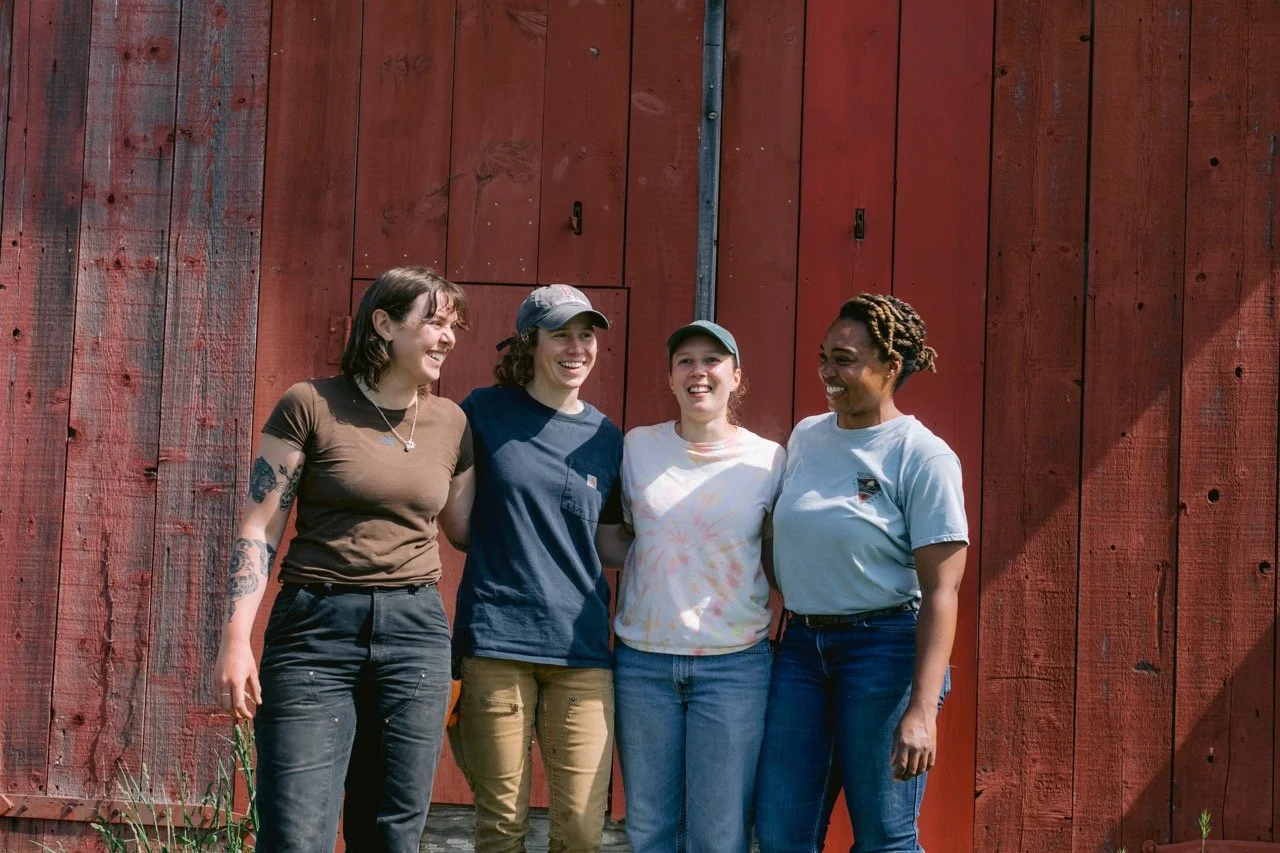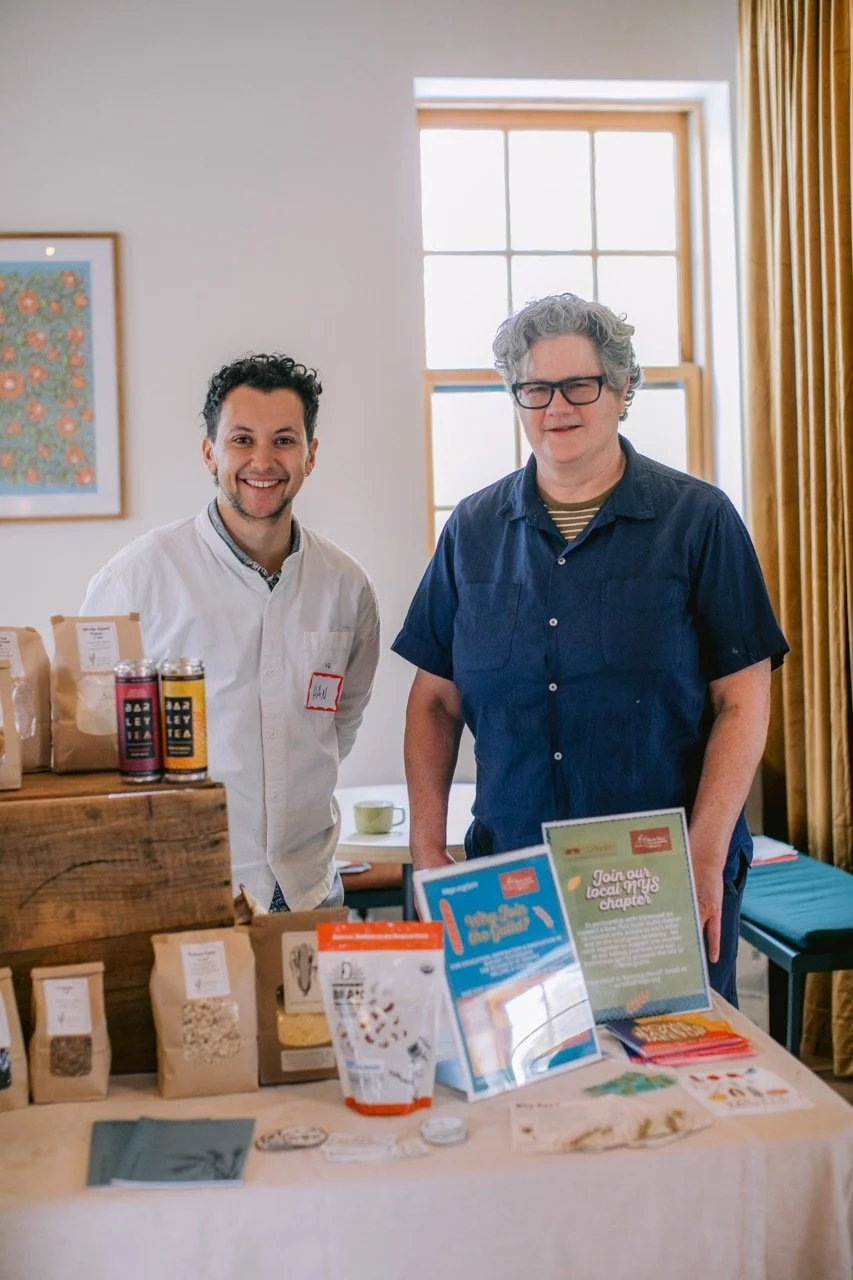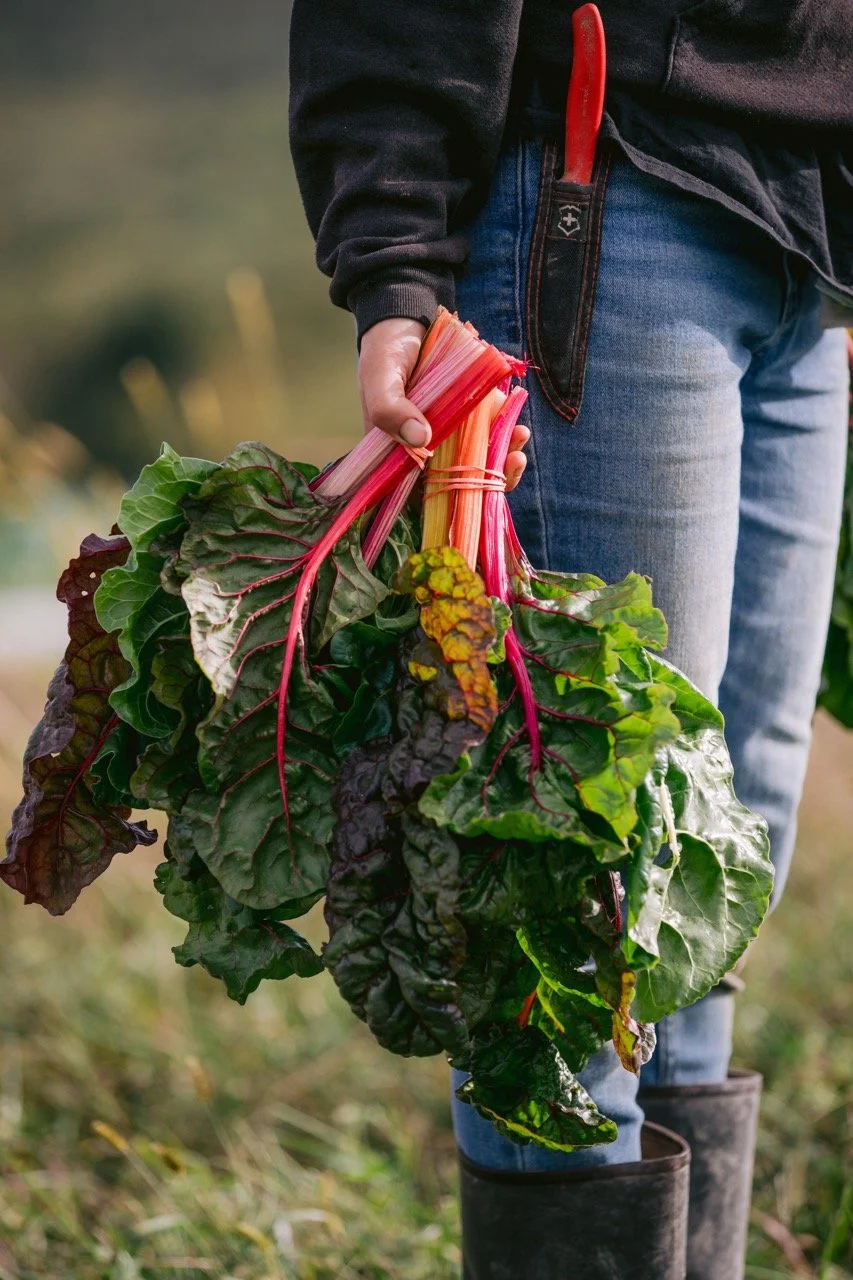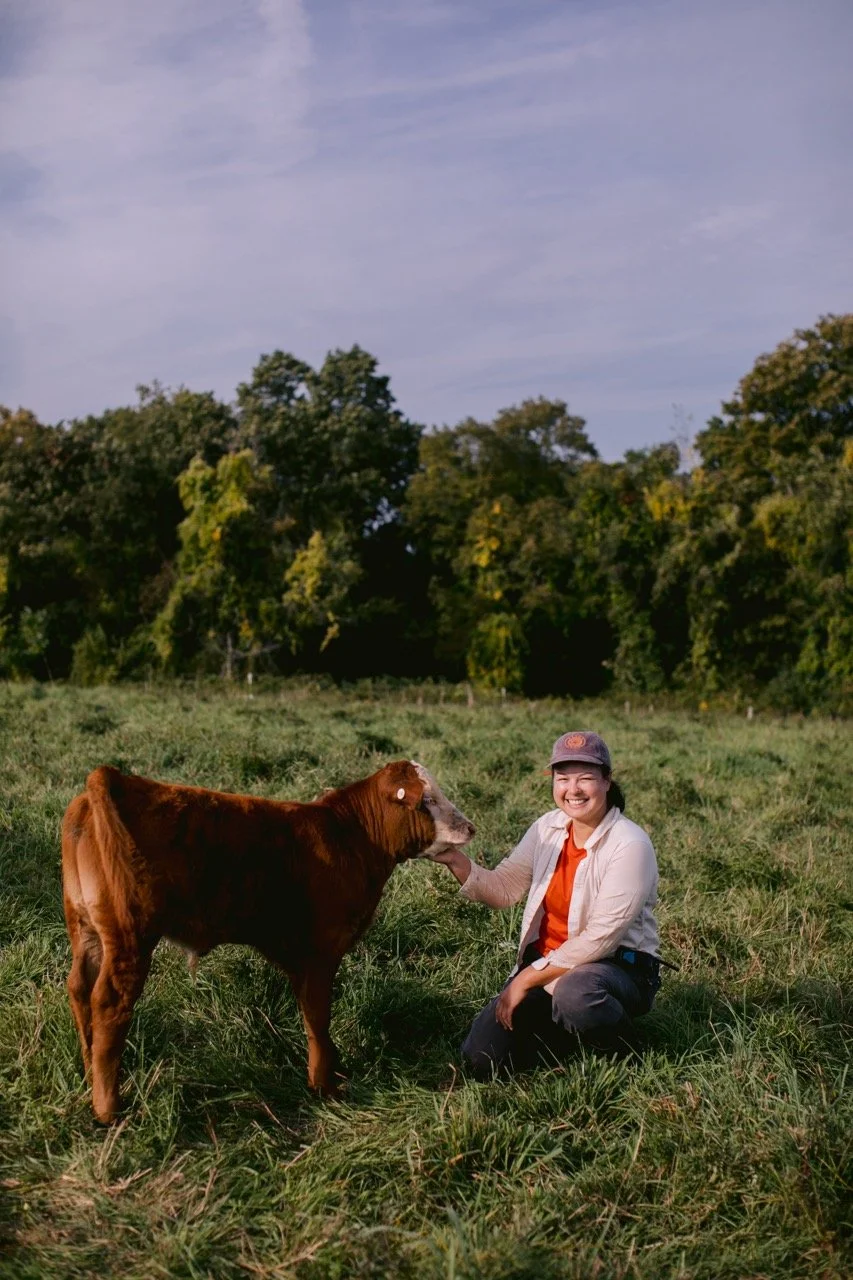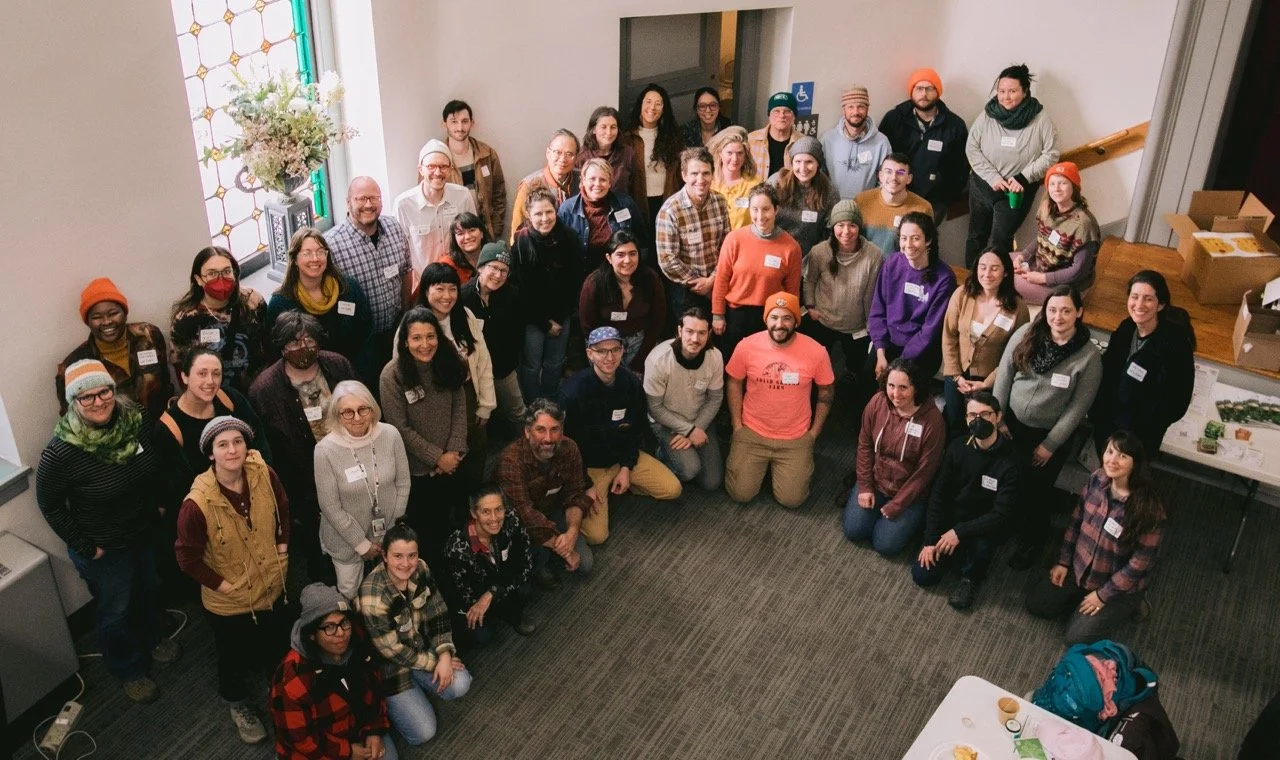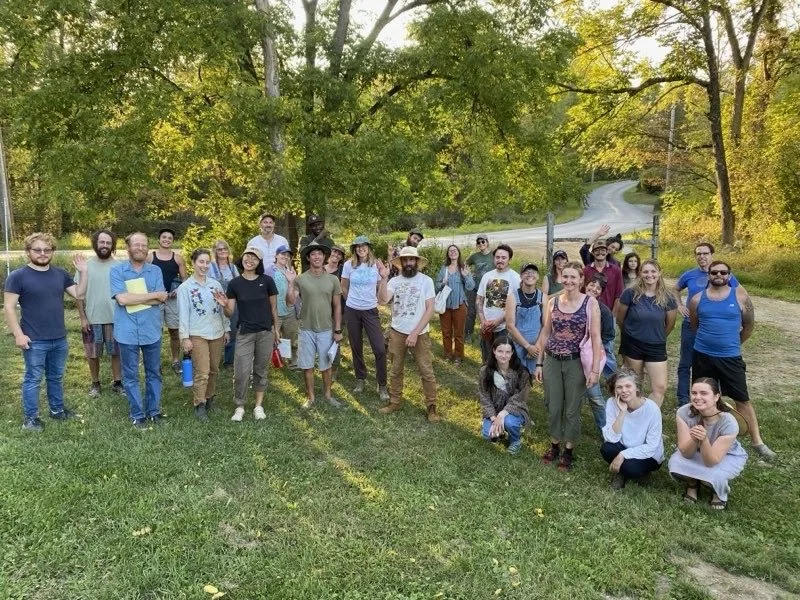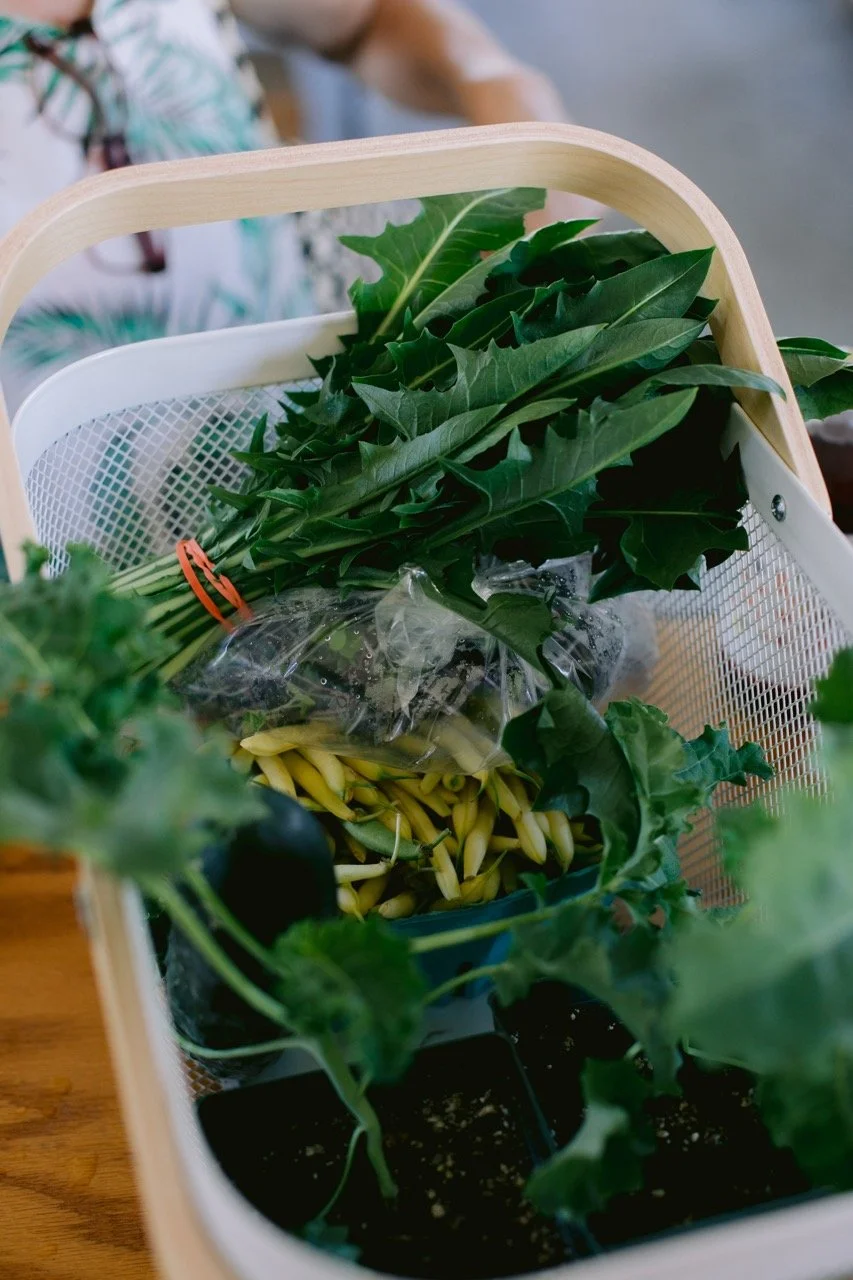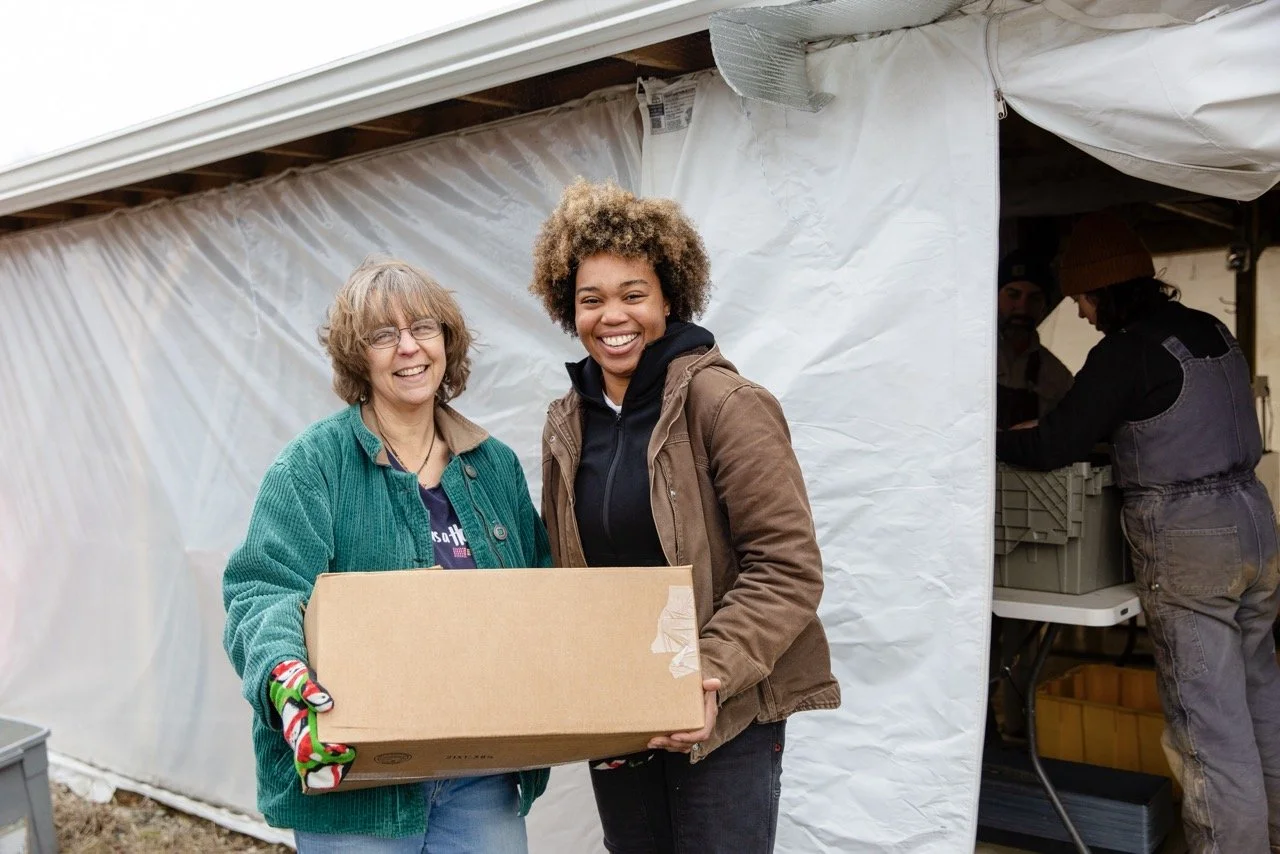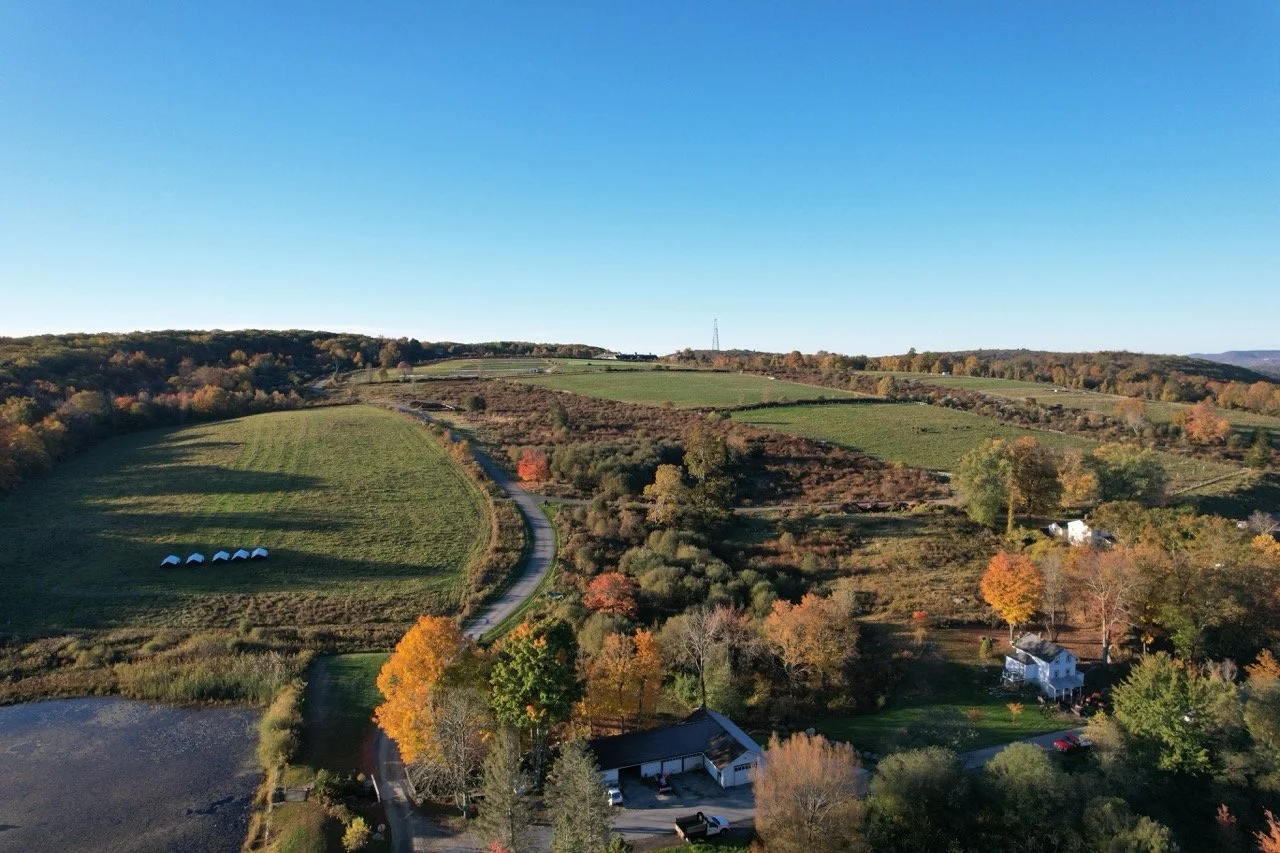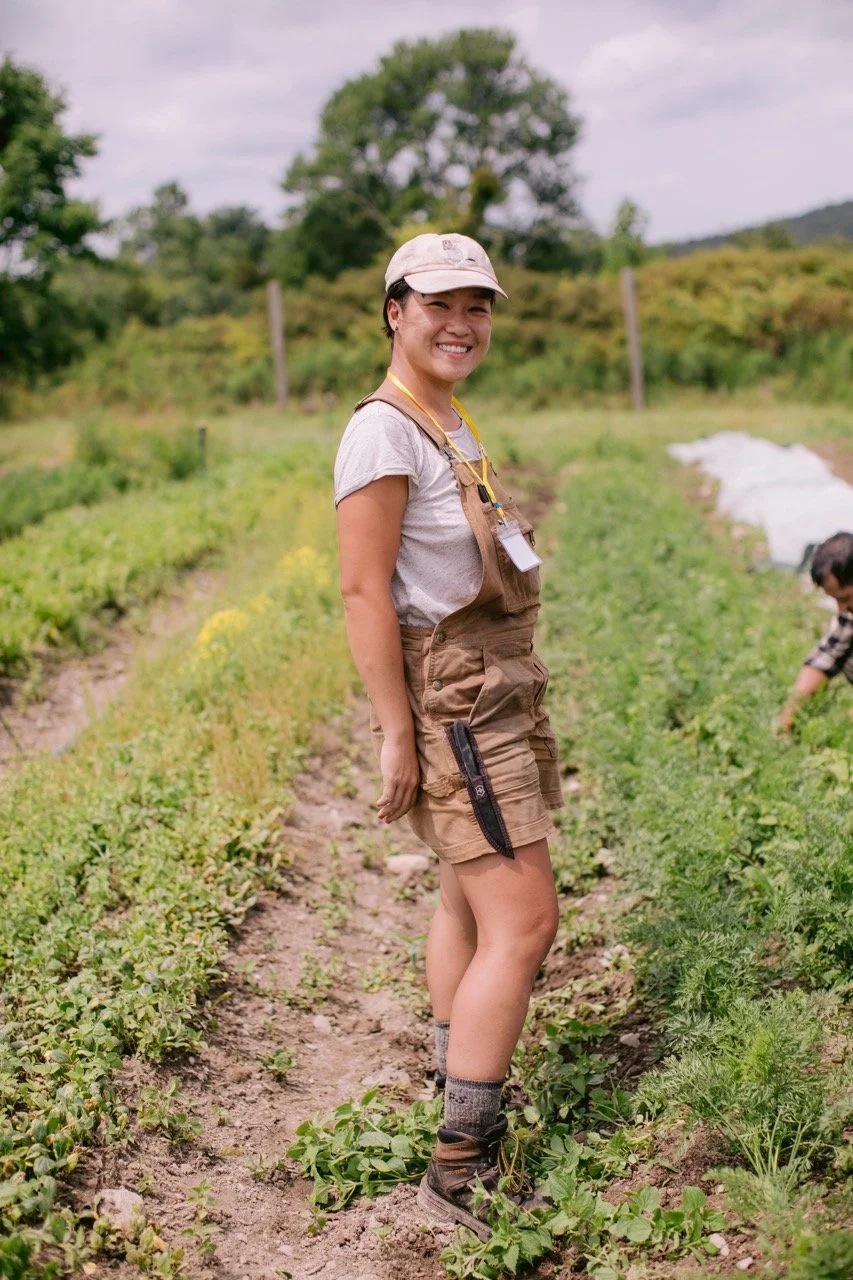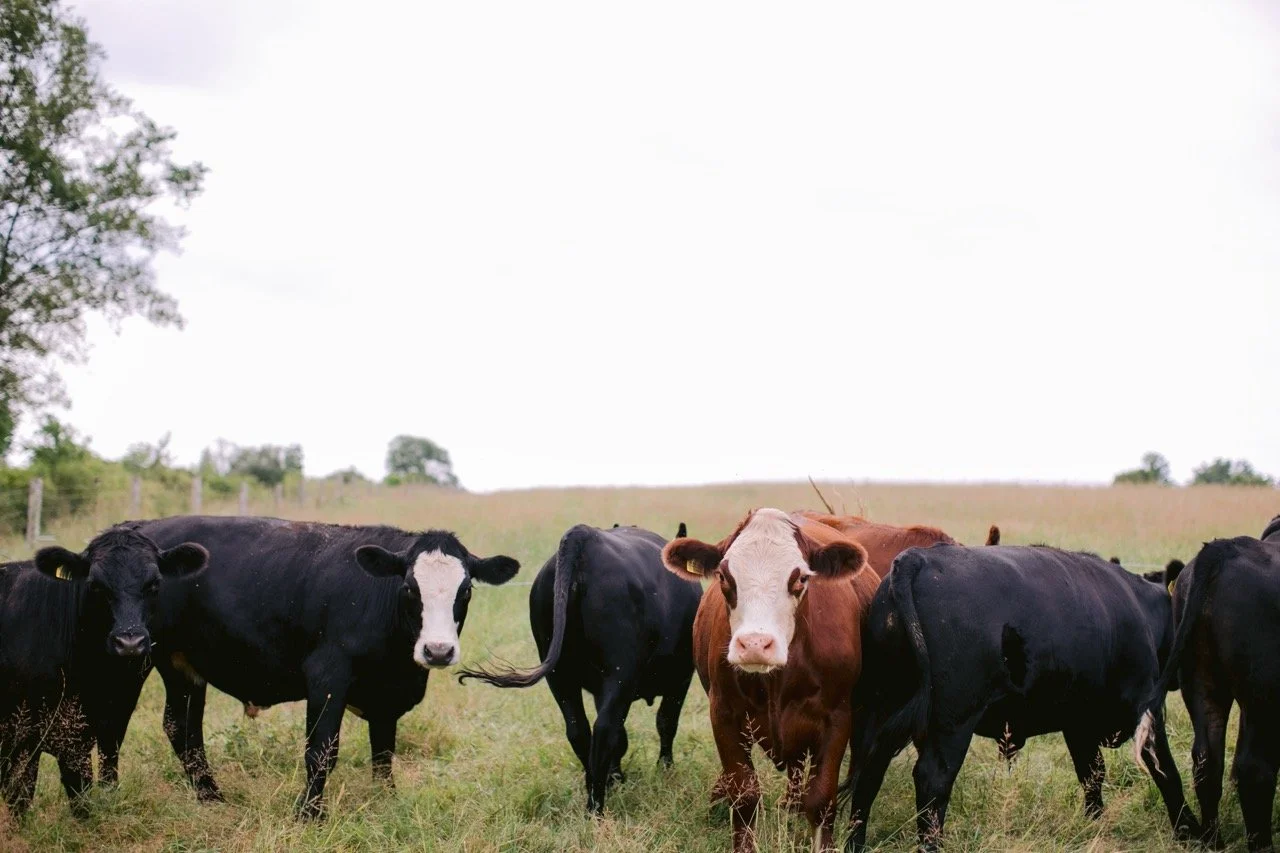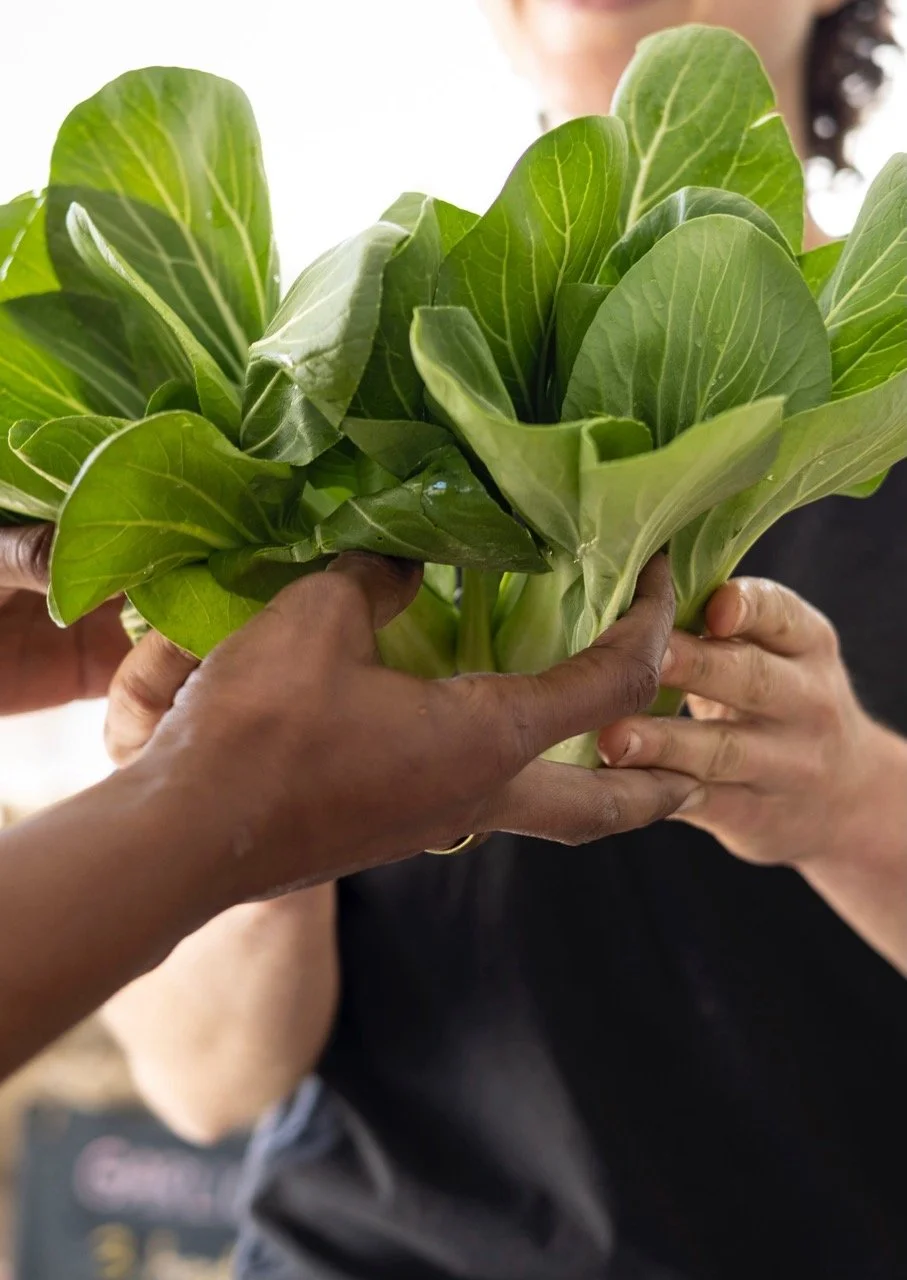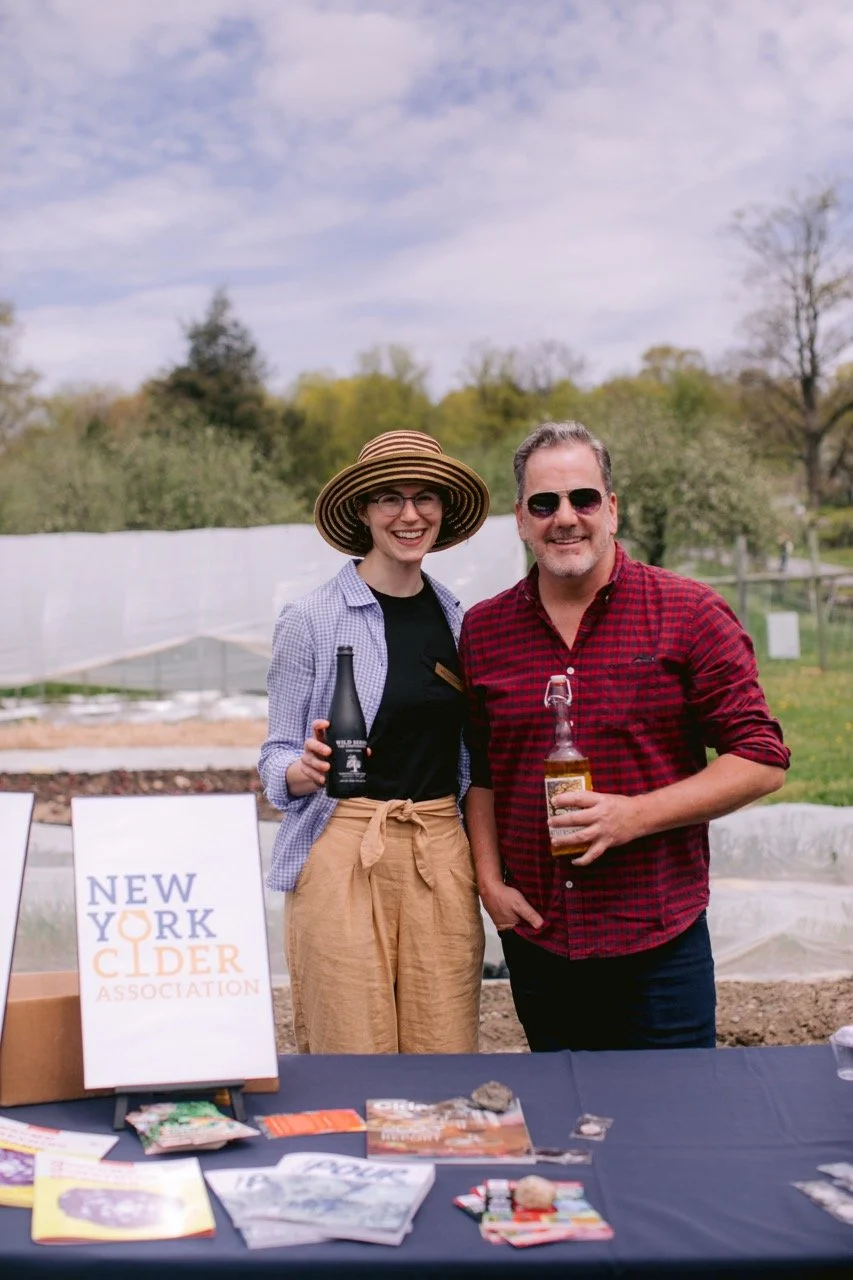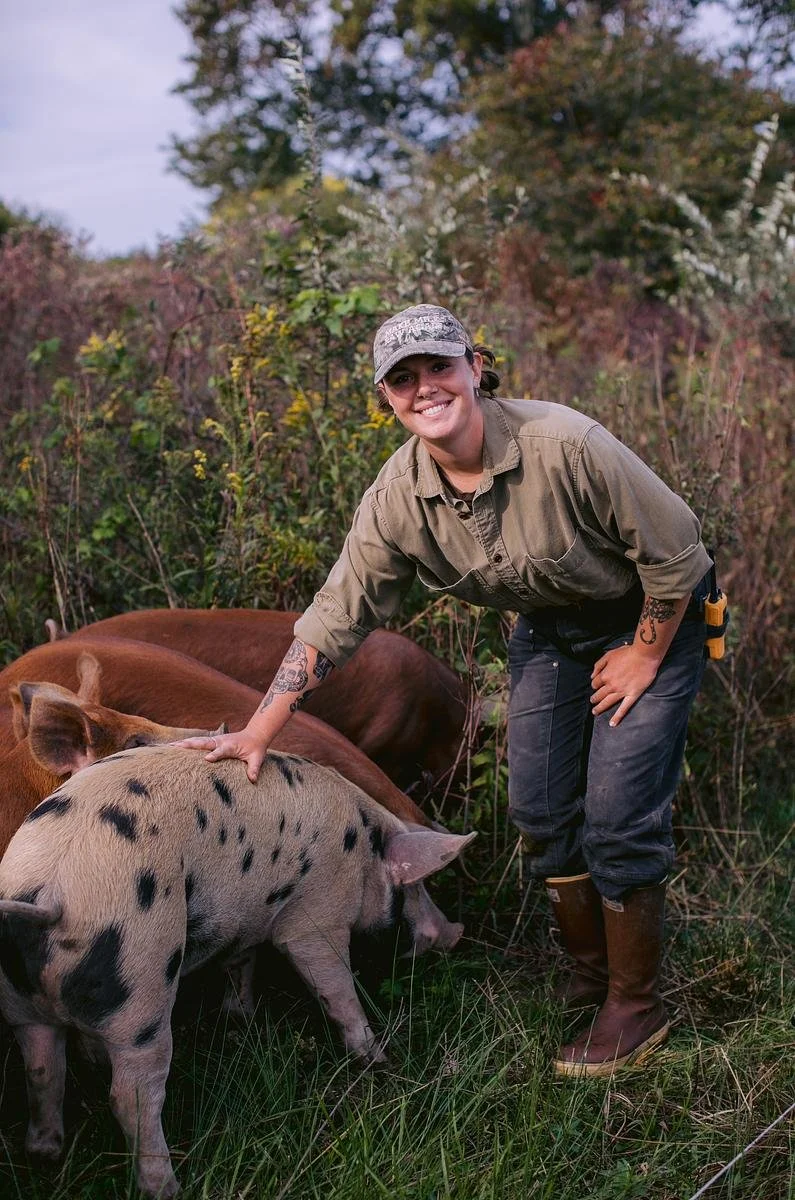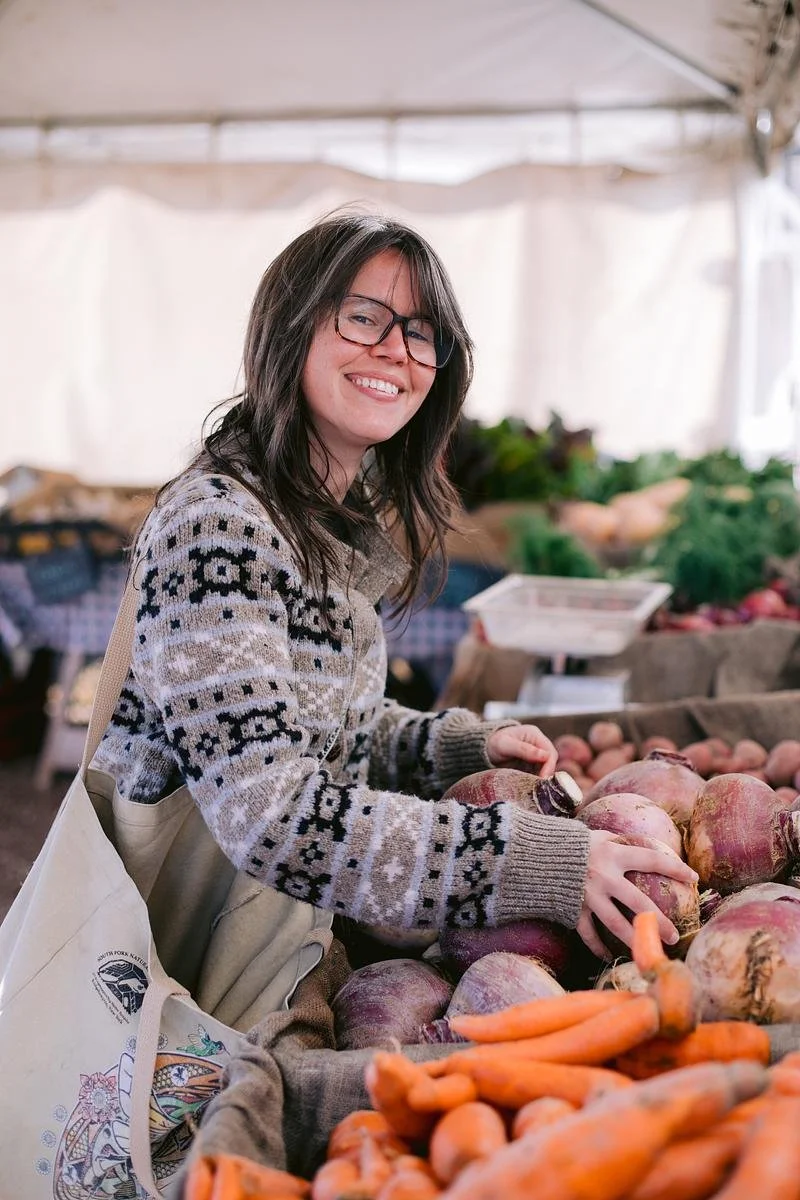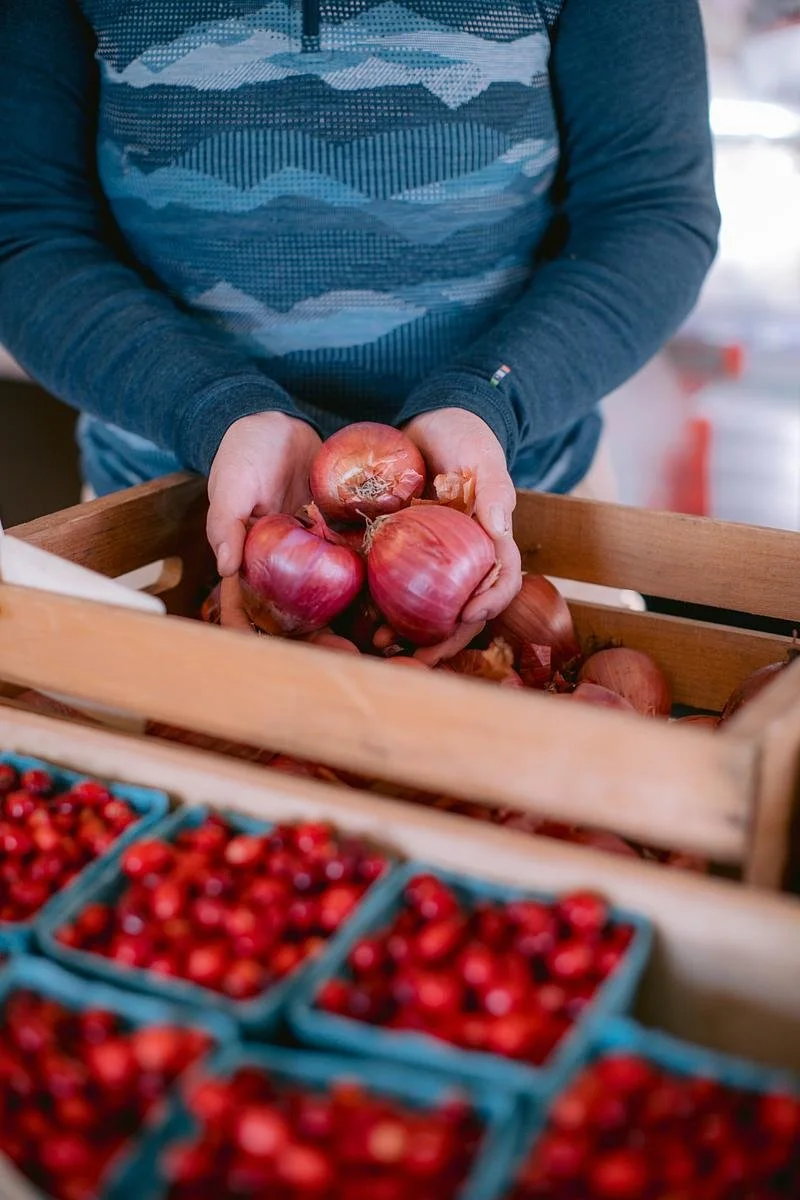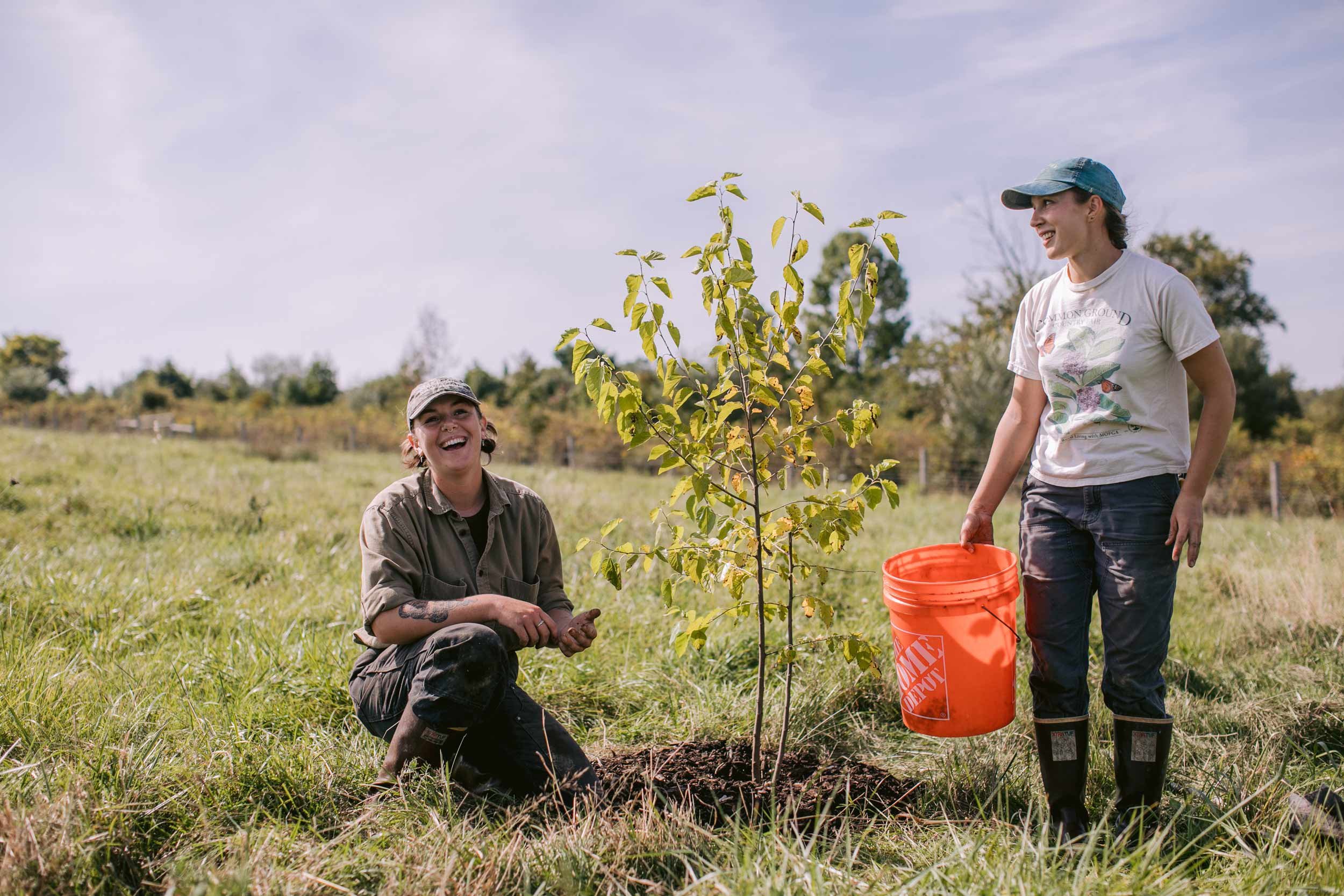
Our mission is to cultivate just and resilient food systems so that farmers, land, and communities thrive.
The Glynwood Center for Regional Food and Farming is a non-profit organization serving hundreds of food and farming changemakers from New York’s Hudson Valley and beyond.
Our Programs
Events & Announcements
“The Food Sovereignty Fund has opened the door for my business. Talking with Glynwood and the food pantry allows me to better plan my crops for next year. My other market is in NYC, but the food pantry in Kingston is much closer—now I am helping feed my neighbors. Through the Food Sovereignty Fund, I distribute radishes, cilantro, jalapeños, tomatillos, and more. I am so happy to have this opportunity to work with Glynwood.”
–José Roberto Rodriguez, Three Sisters Farm




